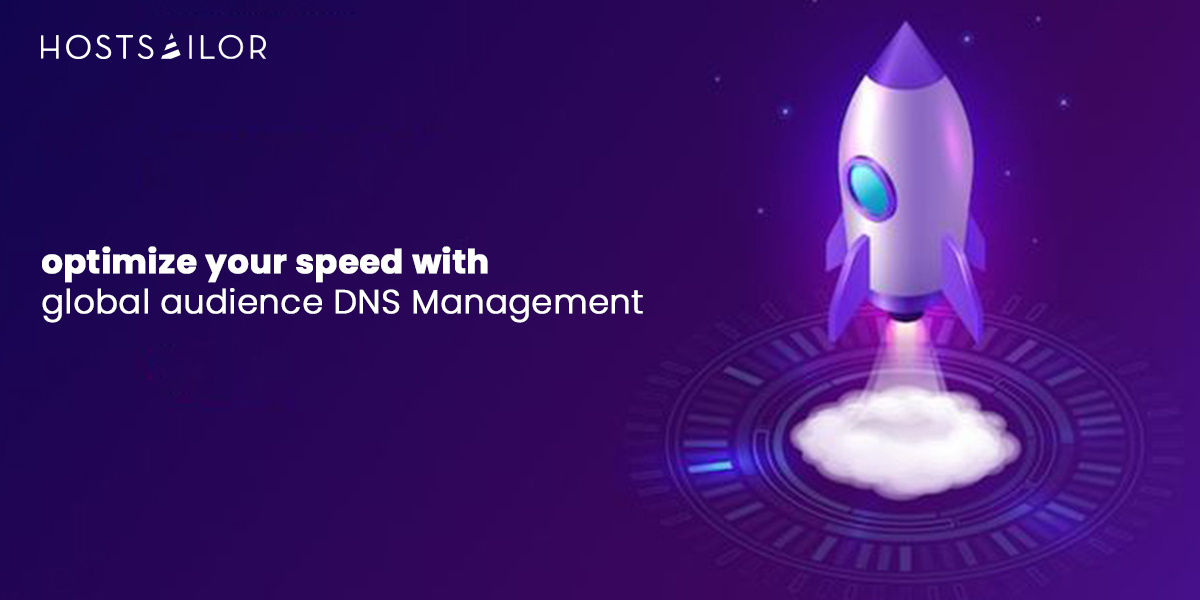
In today’s hyper-connected world, managing a global audience is no small feat. One of the most crucial aspects of this is DNS management. Why? Because DNS management directly impacts your website’s speed and reliability. So, how can you optimize DNS for a global audience? Let’s dive in and find out.
Understanding DNS
What is DNS?
DNS, or Domain Name System, is like the phonebook of the internet. It translates human-friendly domain names (like www.example.com) into IP addresses that computers use to identify each other on the network. Without DNS, we’d have to remember a string of numbers for every website we want to visit.
How DNS Works
When you type a web address into your browser, DNS servers spring into action. First, they check if they have the IP address cached locally. If not, they query other DNS servers until they find the correct IP address, then return it to your browser. This process involves multiple steps and servers, which can affect the speed at which websites load.
Importance of DNS Management
Speed and Performance
Speed is crucial. A slow DNS response can significantly delay webpage loading times. This is where effective DNS management comes into play. By optimizing your DNS setup, you can ensure faster response times, enhance user experience, and boost your SEO rankings.
Security Benefits
Besides speed, good DNS management enhances security. It can help prevent cyber threats like DNS spoofing and cache poisoning, protecting your website and visitors.
Global Audience Considerations
Geographic Distribution
Serving a global audience means dealing with users spread across different continents. The farther a user is from your server, the longer it takes for data to travel back and forth. This can lead to latency issues. To mitigate this, you need a DNS strategy that caters to geographically dispersed users.
Time Zone Differences
Different time zones mean your website needs to be accessible 24/7. Any downtime can affect users in a particular region. Effective DNS management ensures minimal downtime and smooth performance around the clock.
Optimizing DNS for Speed
Choosing the Right DNS Provider
Your choice of DNS provider can make or break your website’s performance. Look for providers known for their speed, reliability, and global reach. Some top players in the market include Cloudflare, Google Public DNS, and OpenDNS.
Key Features to Look For
When selecting a DNS provider, consider features like global server coverage, DNS caching, load balancing, and security measures such as DDoS protection. These features are essential for maintaining high-speed and secure DNS resolution.
DNS Caching
Caching stores DNS query results locally, reducing the time it takes to resolve frequent requests. This is particularly useful for repeat visitors, as their browsers can load your site faster without querying the DNS server every time.
How Caching Works
DNS caching works by storing DNS lookup information temporarily. When a user visits your site, the DNS resolver checks its cache before querying external servers. This process can significantly speed up DNS resolution times.
Load Balancing
Load balancing distributes traffic across multiple servers to prevent any single server from becoming overwhelmed. This not only enhances performance but also ensures your website remains accessible during traffic spikes.
Types of Load Balancing
There are several types of load balancing, including round-robin, geographic, and failover. Each has its strengths and can be used to optimize DNS performance depending on your specific needs.
Anycast Routing
Anycast routing sends DNS queries to the nearest server based on geographical location. This reduces latency and speeds up DNS resolution, providing a better experience for users worldwide.
Monitoring and Maintenance
Regular Performance Checks
Regularly monitoring your DNS performance helps identify and fix issues before they impact users. Use tools like DNS monitoring services to track uptime, speed, and overall health.
Updating DNS Records
Keeping your DNS records up to date is crucial. Outdated records can lead to slow response times and even downtime. Regular audits and updates ensure that your DNS setup is optimized for current conditions.
Common Challenges and Solutions
DNS Outages
DNS outages can cripple your website’s accessibility. To combat this, use redundant DNS servers and have a failover strategy in place. This ensures your site remains accessible even if one server goes down.
DDoS Attacks
DDoS attacks aim to overwhelm your DNS servers with traffic, causing downtime. Employing DNS providers with robust DDoS protection can mitigate these attacks and keep your website running smoothly.
DNS Propagation Delays
DNS propagation delays occur when updates to DNS records take time to spread across the internet. This can cause temporary access issues. To minimize delays, use providers known for fast propagation times and clear TTL (Time to Live) settings appropriately.
Conclusion
Optimizing DNS for a global audience is a multifaceted task that requires careful planning and continuous management. From choosing the right provider to implementing advanced features like anycast routing and load balancing, every step is crucial. By staying proactive and informed, you can ensure your website delivers the speed and reliability your global audience expects.
FAQs
What is DNS and why is it important?
DNS stands for Domain Name System. It’s essential because it translates domain names into IP addresses, enabling browsers to load websites.
How can I improve my DNS speed?
Improving DNS speed involves using a reliable DNS provider, implementing DNS caching, and employing techniques like anycast routing and load balancing.
What are DNS propagation delays?
DNS propagation delays occur when changes to DNS records take time to update across all DNS servers worldwide, causing temporary access issues.
How does DNS caching work?
DNS caching stores query results locally, reducing the need to repeatedly query DNS servers, thus speeding up DNS resolution for frequent visitors.
What are the benefits of using anycast routing?
Anycast routing improves DNS resolution speed by directing queries to the nearest server based on geographical location, reducing latency and enhancing user experience.